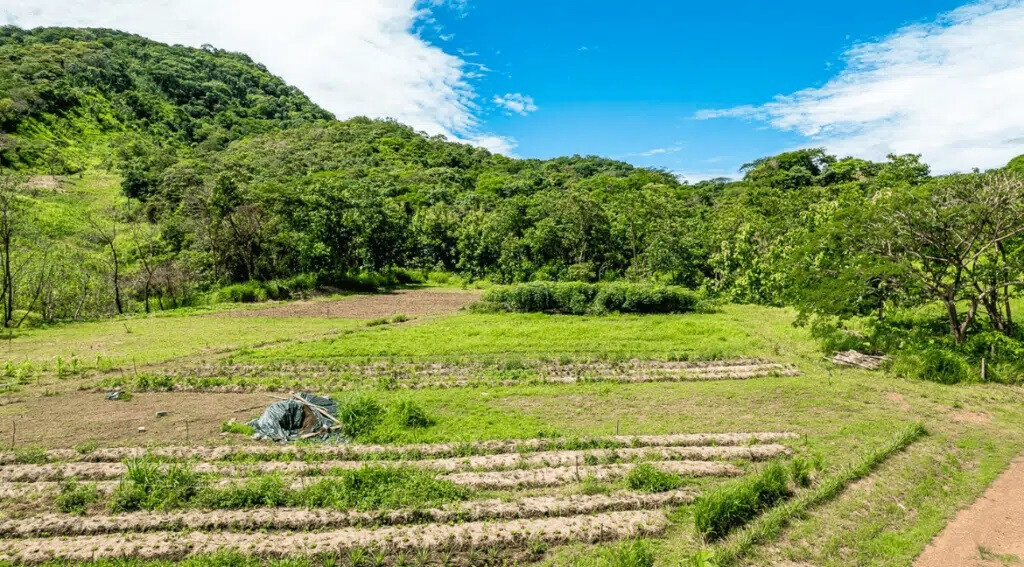
Costa Rica – March 29, 2025 – Costa Rica's legal landscape concerning agrarian properties has undergone a significant shift with the recent implementation of the new Código Procesal Agrario (Code of Agrarian Procedures) on February 28th. This legislation introduces crucial changes that property owners must understand, particularly regarding the eviction of occupants on land potentially classified under the country's specialized Agrarian Law.
Agrarian Law in Costa Rica is a distinct and vital legal area governing properties and activities tied to biological production cycles conducted professionally. This encompasses a wide range of activities, from animal husbandry and crop cultivation (including timber, fruits, and even medicinal plants) to the processing and commercialization of these products. The defining characteristic is the "professional" nature of the activity, meaning it serves as the primary source of livelihood for the individual involved.
A common, and often unforeseen, situation arises when landowners permit others to use their property for agricultural purposes, whether through formal rental agreements or informal arrangements. Under Costa Rican law, even without a formal contract or a minimum land size, such activities can classify the property under Agrarian Law, potentially granting certain rights to the occupant.
Previously, property owners seeking to reclaim their land often favored an administrative eviction process (known as desahucio administrativo) through the Ministry of Security. This route was generally perceived as faster and less complex than navigating the court system. To succeed, owners primarily needed to prove their ownership and demonstrate the occupant's lack of legal right to be on the property, such as in cases of clear squatting or invasion. The Ministry would then notify the occupant, provide an opportunity to respond, and, if the occupation was deemed illegal, order their removal.
However, the newly enacted Code of Agrarian Procedures has significantly curtailed the availability of this administrative eviction process for property owners in several key scenarios:
Pending Court Cases: If the property owner has already initiated legal proceedings to reclaim the property from the same occupant, administrative eviction is no longer an option.
Occupation Under Agreement or Tolerance Exceeding One Year: This is a critical change. If the occupant is possessing the property due to any form of agreement (written or verbal) with the owner, or even through the owner's passive allowance (mere tolerance) for a period exceeding one year, administrative eviction is now prohibited.
Occupation Exceeding One Year: Even in the absence of a formal agreement, if an occupant has been on the property for more than a year, the administrative route for eviction is closed to the owner.
The Implications for Property Owners:
These changes mean that a significant number of property owners seeking to regain possession of their land will now be compelled to pursue their claims through the judicial system. This shift carries substantial implications:
Longer Timelines: Judicial processes in Costa Rica can be lengthy, often taking two years or more, especially if the case involves complexities or is subject to appeals. This can result in prolonged periods where owners cannot access or utilize their property.
Increased Costs: Legal proceedings involve various costs, including attorney fees, court fees, and potential expert witness fees, making property recovery a more expensive endeavor.
Potential for Compensation Claims: Under Agrarian Law, occupants who have made necessary improvements to the property may, under certain conditions, have the right to claim compensation for these investments from the property owner. Notably, there have been cases where the value of these improvements was so substantial that it equaled or even surpassed the property's value, potentially leading to significant financial losses for the owner.
Expert Advice for Property Owners:
Legal experts are now emphasizing the critical need for property owners in Costa Rica to be proactive in managing their land and clearly defining the terms of any occupation or use by third parties. This includes:
Formalizing Agreements: Any arrangement allowing others to use the property for potentially agrarian activities should be documented with clear written contracts outlining the rights and obligations of all parties, including the duration of the agreement and the conditions for termination.
Regular Monitoring: Property owners should regularly monitor their land to be aware of any unauthorized occupation or activities.
Prompt Action: If an unauthorized occupation occurs, or if an agreement expires and the occupant fails to vacate, owners should seek legal counsel promptly to understand their options and initiate appropriate action before the one-year threshold is reached.
The new Code of Agrarian Procedures represents a significant development in Costa Rican law, tilting the scales somewhat in favor of longer-term occupants and highlighting the importance of due diligence and clear agreements for property owners. As the legal landscape evolves, staying informed and seeking expert legal advice will be paramount for navigating the complexities of Agrarian Law in Costa Rica.
[Copyright (c) Global Economic Times. All Rights Reserved.]



























